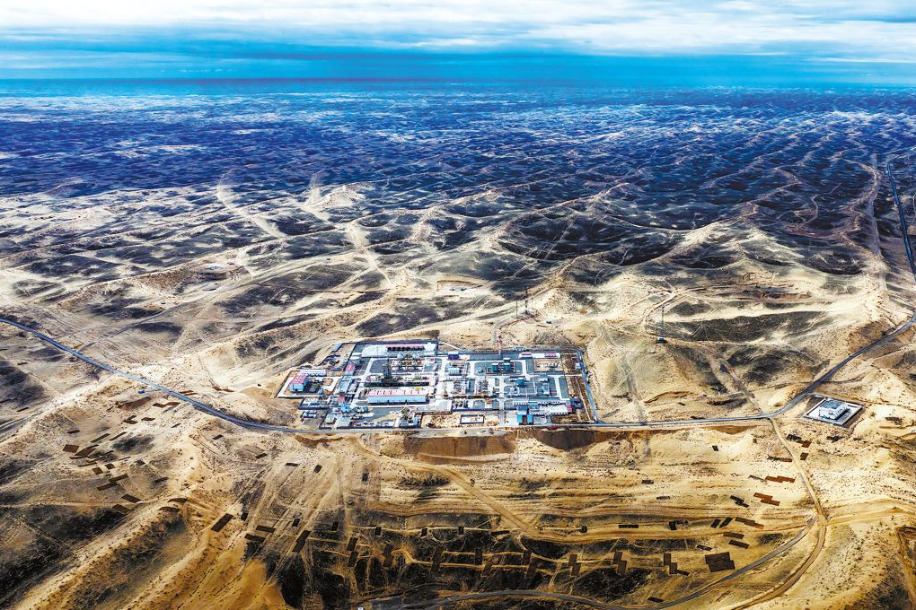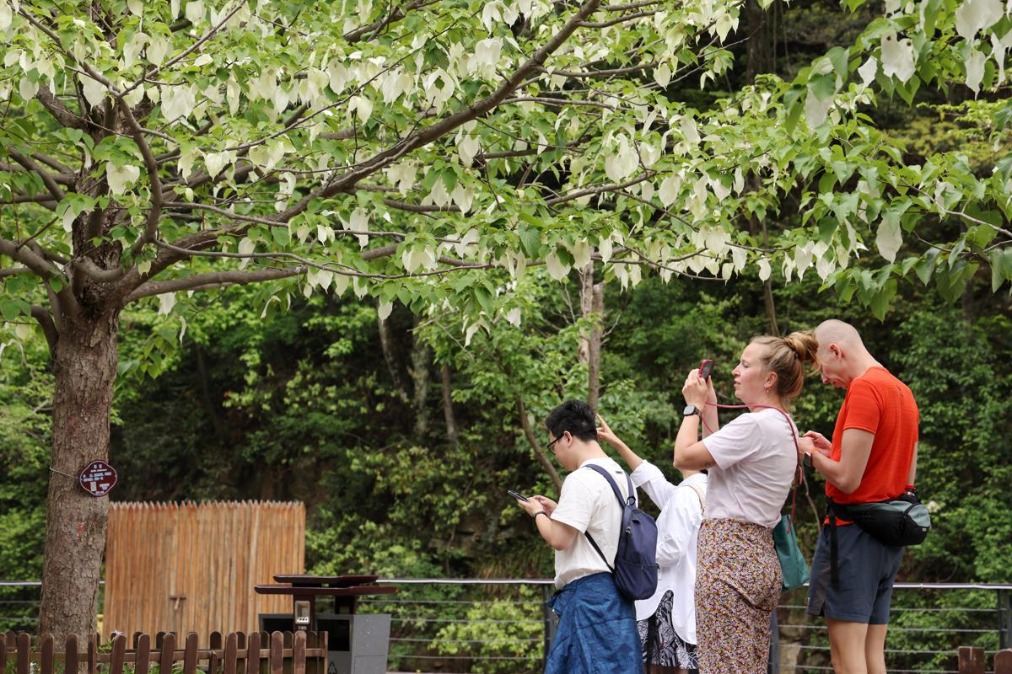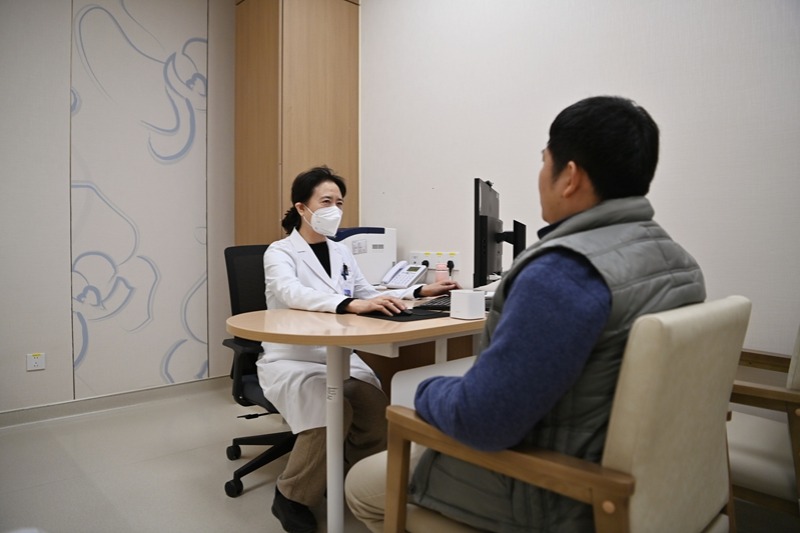Transportation upgrade puts villagers on road to riches
Improvements to the local infrastructure have resulted in higher incomes and better lifestyles. AYBEK ASKHAR reports from Yibin, Sichuan.


Migrant workers
Years ago, like many of his young peers, Zhang Debin wanted to make a decent living outside the county, so he became a migrant worker in the economically active coastal regions.
Sichuan's GDP growth rate was lower than the national average for 13 of the 20 years from 1980 to 2000. However, it was also the most populous province until Chongqing was designated a provincial-level municipality in 1997 and became a separate entity.
In the past 40 years, Sichuan has been China's largest exporter of migrant workers, while coastal Guangdong province has seen the largest inflow of such people.
By 1995, the year Zhang Debin went to work at a toy factory in Guangzhou, Guangdong's capital, six highways had been built in the province and a further seven were under construction.
It was also the year a highway was built in Sichuan, the first major road in western China.
"There were many large factories offering well-paid jobs in Guangdong, so it had become a friendly place for young people to work. It was also where I first heard the phrase, "Want to be rich? Build roads!" Zhang Debin said.
That became a battle cry in Sichuan when a growing number of decision-makers realized the poor infrastructure was impeding economic development in the province and forcing many people to leave.
During the Ninth Five-Year Plan (1996-2000), social and economic development initiatives helped the province expand its road construction program.
In the last year of the plan, the length of sealed roads in Sichuan reached 108,529 kilometers. Completion of 1,000 km of highways ranked Sichuan sixth in the country in terms of road length and first among the western provinces and regions.
After that, Sichuan's economy maintained double-digit growth for 12 consecutive years until 2001, while the rate exceeded the national average for 17 consecutive years.
"I felt that many things had started to change when I returned home for Spring Festival years later-for example, many people had TVs at home and some had even bought cars," Zhang Debin said.





































